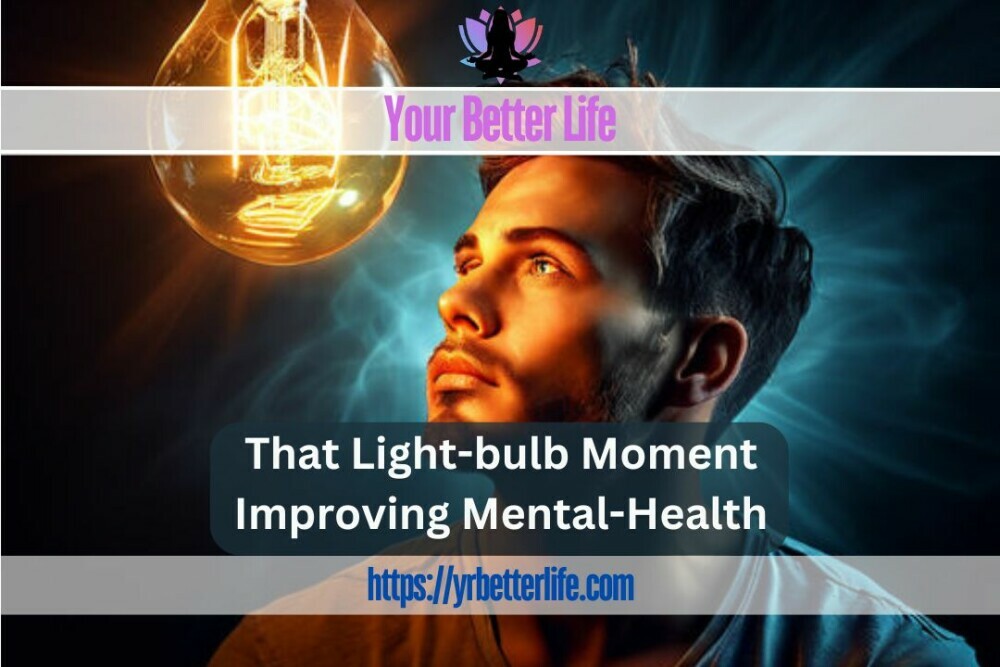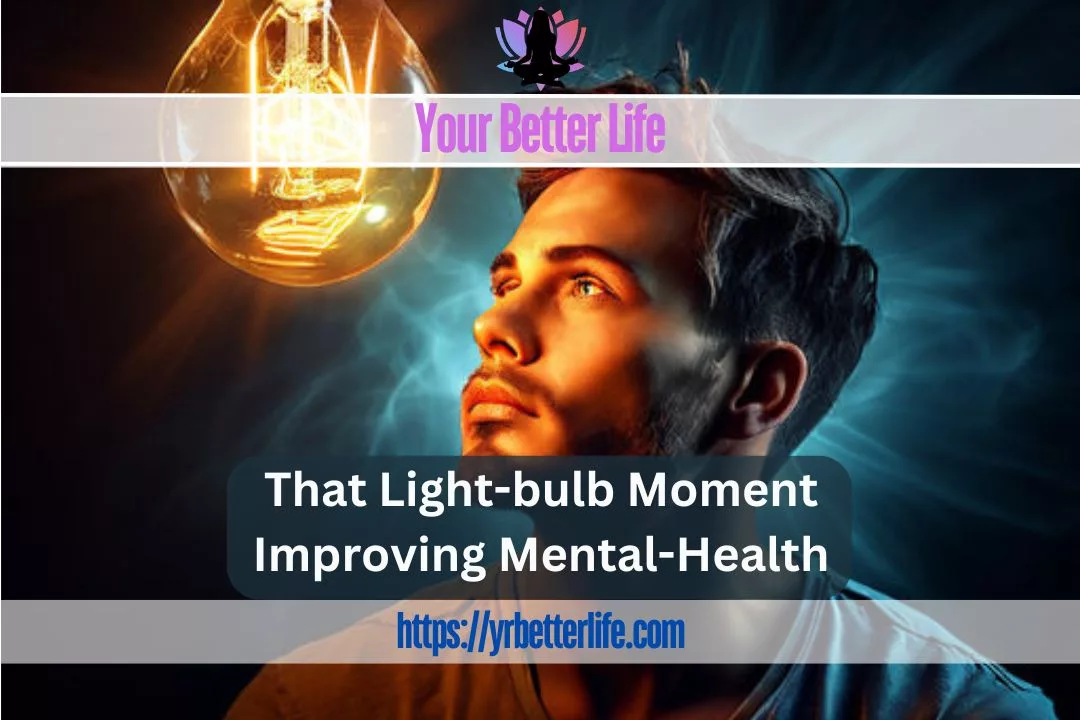
14 Proven Ways to Totally Improve Your Mental Health
Hey everyone,
I wanted to take some time today to talk about a topic that’s incredibly important to me: mental health. In our fast-paced world, it’s easy to overlook the importance of taking care of our minds. But mental health is just as important as physical health, and it’s crucial that we prioritize it. I’ve learned a lot about this topic and want to share some strategies that have been incredibly helpful. Here are 14 proven ways to totally improve your mental health.
1. Regular Exercise
First and foremost, regular exercise is a game-changer. I can’t emphasize enough how much of a positive impact staying active has had on my mental well-being. Exercise releases endorphins, which are chemicals in the brain that act as natural painkillers and mood elevators. I aim for at least 30 minutes of exercise most days of the week, whether it’s a brisk walk, a run, yoga, or hitting the gym. It not only boosts my mood but also reduces stress and anxiety.
2. Healthy Diet
Next up is diet. What we eat has a profound impact on how we feel. I try to stick to a balanced diet rich in fruits, vegetables, lean proteins, and whole grains. Cutting down on sugar and refined carbs has also helped stabilize my mood and energy levels. Remember, a healthy body fosters a healthy mind.
3. Adequate Sleep
Sleep is another crucial factor. I used to think I could get by on minimal sleep, but I was wrong. Getting 7-9 hours of quality sleep each night has been transformative. Establishing a regular sleep routine and creating a restful sleeping environment has significantly improved my mental clarity and emotional resilience. Sleep is when our body repairs itself, and our mind processes the day’s events, so don’t skimp on it!
4. Mindfulness and Meditation
Incorporating mindfulness and meditation into my daily routine has been incredibly beneficial. Practices like meditation, yoga, and deep-breathing exercises help reduce stress and improve overall well-being. I spend at least 10-15 minutes each day in quiet reflection or meditation. It helps me stay grounded and present, reducing feelings of anxiety and overwhelm.

5. Social Connections
Maintaining strong social connections is essential for mental health. Having a support system of friends and family to talk to can provide emotional support and reduce feelings of isolation. I make it a point to reach out to loved ones regularly, even if it’s just a quick chat or a text message. Building and nurturing these relationships has been a great source of comfort and joy.
6. Professional Help
Don’t hesitate to seek professional help if you need it. Therapy or counseling with a mental health professional can provide you with tools and strategies to manage stress, anxiety, depression, and other mental health issues. I’ve found therapy to be incredibly helpful in gaining insights into my thoughts and behaviors and developing coping strategies. Remember, seeking help is a sign of strength, not weakness.

7. Hobbies and Interests
Engaging in hobbies and interests you enjoy can provide a sense of accomplishment and pleasure, which can improve your mood. Whether it’s painting, gardening, reading, or playing a musical instrument, find activities that bring you joy and make time for them regularly. For me, getting lost in a good book or working on a creative project is a wonderful way to unwind and recharge.
8. Limiting Alcohol and Avoiding Drugs
Limiting alcohol and avoiding drugs is crucial for maintaining good mental health. These substances can negatively impact your mental health and exacerbate issues like anxiety and depression. I’ve found that reducing my alcohol intake and staying away from drugs has made a significant difference in how I feel day-to-day.
9. Setting Realistic Goals
Setting realistic goals is a powerful way to maintain mental well-being. Breaking larger tasks into smaller, manageable steps helps me avoid feeling overwhelmed and gives me a sense of achievement. Whether it’s a work project or a personal goal, taking it one step at a time and celebrating small victories along the way keeps me motivated and positive.
10. Stress Management Techniques
Learning and practicing stress management techniques has been incredibly helpful. Time management, prioritization, and relaxation exercises are key strategies I use to keep stress at bay. When I feel overwhelmed, I take a step back, breathe deeply, and assess my priorities. Techniques like progressive muscle relaxation and guided imagery have also been effective in reducing stress levels.
11. Positive Thinking
Cultivating a positive mindset has been a cornerstone of my mental health journey. Practicing gratitude, positive affirmations, and focusing on the good aspects of my life help me stay optimistic. Each day, I make it a point to reflect on things I’m grateful for and acknowledge my accomplishments. It’s amazing how a shift in perspective can improve your mood and overall outlook on life.
12. Limiting Screen Time
Limiting screen time, especially on social media, has been crucial for my mental health. While technology has its benefits, excessive screen time can lead to negative impacts on mental health. I set boundaries for myself, such as turning off notifications, setting specific times for checking social media, and unplugging before bed. This helps me stay present and reduces feelings of comparison and anxiety.
13. Self-Care
Last but not least, self-care is vital. Making time for activities that promote relaxation and self-care, such as taking a bath, reading a book, or spending time in nature, has been incredibly beneficial. Self-care isn’t selfish; it’s necessary for maintaining good mental health. I make it a priority to carve out time for myself each day, even if it’s just for a few minutes, to do something that makes me feel good.
14. Negative Influences
If you suffer from mental health issues, it’s crucial to avoid spending time with negative-minded people. Their pessimistic attitudes and constant negativity can exacerbate your symptoms, making it harder for you to maintain a positive outlook and manage your mental health effectively. Negative influences can drain your energy, increase feelings of anxiety and depression, and hinder your progress toward recovery. Instead, surrounding yourself with supportive, positive, and understanding individuals can provide the encouragement and emotional support you need to navigate your mental health journey more successfully. Positive relationships can uplift your spirits, provide perspective, and help you build resilience against life’s challenges.
Incorporating these strategies into my daily routine has significantly enhanced my mental well-being. It’s important to remember that mental health is a journey, not a destination. There will be ups and downs, but by prioritizing these practices, I’ve found greater balance and peace in my life. If you’re struggling with your mental health, know that you’re not alone, and there are resources and strategies out there to help you.
Take care, everyone, and remember to prioritize your mental health. You’re worth it.
If you would like to read more up to date articles please got to me website https://yrbetterlife.com
With warmth & compassion
Shaun

